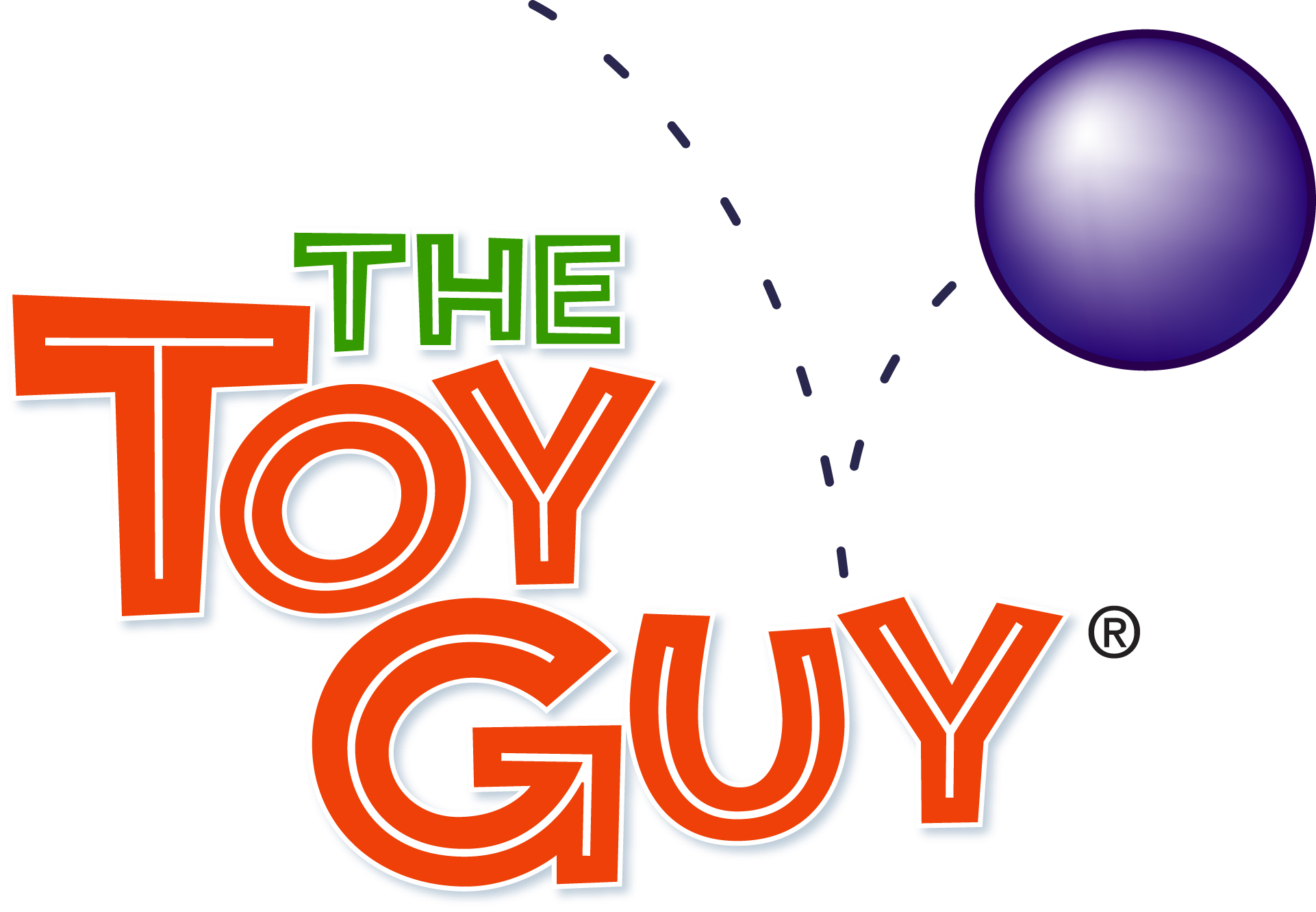
I was sitting in the gentle drizzle in Central Park this week watching the Public Theater’s splendid new production of Much Ado About Nothing directed by Kenny Leon, and I reflected, during a rain delay, on how as I’ve often said, Shakespeare knew everything.
Seriously, gender politics and the current #metoo movement? Yeah, that’s Measure for Measure. The corruptive nature of power? Richard III or Julius Caesar, and then all the stuff about love. Just pick one.
However, before this week, I wouldn’t have thought that Shakespeare had much to say about social media. Turns out, he does. When the young woman, Hero, has her reputation disparaged by fake reports and criticism, she is shamed and hounded mercilessly. Her former boyfriend, Claudio, rejects her publicly based only on the word of one of his bros (not Shakespeare’s word). Ultimately, it all turns out all right. Hero is vindicated, and Claudio marries her, and we can presume love is restored. But at what cost? Shakespeare doesn’t say.

One of the things that was remarkable about this production was how young the actors were. Danielle Brooks, from Orange is the New Black, who plays Beatrice is barely thirty—and looks much younger. Under Leon’s direction, there is a youthful exuberance and a kind of street sensibility in the performance, so it would be easy to believe that these characters were in, or just out of, high school.
That’s what got me thinking about social media. Reputation and image are critically important to high schoolers, and we read a lot of stories about how damaging being trashed on social media can be. There are tragic stories of kids who are driven to suicide because of being taunted on social media. Teasing and taunting and, for want of a bet word, torturing peers is not new, as Shakespeare lets us know. However, in the world of social media, these can be broadcast and are amplified. What might have been one problem in a classroom can now be seen by hundreds, if not thousands.
Moreover, the things that kids post on social media are seen by employers, schools and many other people. Recently Parkland shooting survivor Kyle Kahsuv’s Harvard admission was rescinded because of racist comments made in a Google doc that he thought would remain private. It erupted into a nationwide story, for the ten minutes or so these things last these days, but a search on “Kyle Kashuv Harvard” yielded 1.6 million hits. Clearly not your typical high schooler seeking college admission.
Kashuv has said that he made these comments when he was 16 and that he’s evolved since then. This strains credulity to a certain extent, and while he has apologized, it’s shocking that he wasn’t raised in an environment where such speech would be anathema. In Shakespeare’s world, “he was just 16” would not have passed muster, and people of that age would be considered adults with adult responsibilities. Yes, times have changed, but it’s still disingenuous to pull out the “only a child” argument for someone who can drive.
However, the point of this piece is not to discuss this or many of the other situations in which young people have compromised themselves and their futures by a thoughtless post. Nor is it speculate on the source of the kind of attitudes that torched Kashuv’s acceptance. Rather, it is to remind parents that reputation is critically important, and particularly in this digital age, it must be protected and nurtured. Shakespeare knew that in Much Ado, but also in Othello when Cassio is undone by the wreck of his reputation.
So, what should parents be thinking about?
- Online is forever—and nothing is private. It is naïve to think that something posted will only reach its intended target. Employers, schools and many other people scour online to find out about people with whom they are thinking of engaging. A good rule of thumb is: Don’t put anything online that you wouldn’t want your grandmother to see.
- If a child is under 18, the parent has full right to see his or her online accounts. These should be monitored regularly. I hear from a lot of parents who say that this is pointless because kids will get around it. If, however, you are working with a child whose main objection is to get around sane parenting, you’ve got a bigger problem on your hand.
- Not monitoring your child’s accounts is nothing short of neglect. Kids do a lot of stupid things to impress their friends, but online posting of things that could get a college offer rescinded should not be one of them. Kids may chafe under this level of observation, but isn’t that better than getting bounced out of the Ivy League? You have to be okay with your kids not “liking you” for a time.
- Talk about your values. And talk to your kids about theirs. Over the years of talking with families, one of the most powerful things I’ve seen is something I call a “family identity.” Kids are going to go through all sorts of social upheaval in high school. It’s part hormonal and part social. Having a family identity, where the family is connected and talking openly about any issue can be critically important—and a buffer against social pressure. This can be about drugs, drinking, sex or whatever. Don’t let minor discomfort over subject matter let you avoid it. A kid may feel out of place, unmoored, lonely, struggling to fit in or whatever, but having a family identity as a bedrock can minimize, if not eliminate, many challenges. I’ve seen this work too many times not to believe in its power.
- Put down your own darn phone. If you’re going to connect with your kids, you have to disconnect from your device as well. Recently, I talked to a bunch of kids about the whole idea of limiting screen time. The reaction I heard often was that “my parents are on their phones all the time.” What you do carries more weight with your kids than what you say. Or as my mother used to say, “actions speak louder than words.”
- Model the behavior you want to see. It’s as simple as that. If you want your kids to love Shakespeare, read Shakespeare and talk about it. Okay, that’s just my world. If you want kids to be kind, be kind. You get the idea. From their earliest days, your kids are watching you for every clue as to how to be. It’s partially an elemental survival mechanism: they know they won’t get thrown out of the nest if they show they are part of your tribe. But it goes beyond that. It really is as the proverb says: “Train up a child in the way he should go: and when he is old, he will not depart from it.”
Think about it, how many of us as adults catch ourselves doing something and think: “Oh, wow, I’ve become my father!” (Or mother.) I know I do, and, for the most part I’m grateful. And when I’m not, I can at least laugh at myself.
To bring this back to Shakespeare, he was writing about basic human truths, and in the 400-plus years since he was writing, those haven’t changed. Our media has changed radically, adding new concerns and challenges, unanticipated fears and frustrations that an Elizabethan playwright would never have considered.
Does it take more vigilance to parent in the digital world? Certainly. But that’s the job. As Shakespeare points out, reputations are fragile, and they must be nurtured and protected as much as anything else we try to accomplish, for ourselves or our kids.

(Photos of Much Ado About Nothing by Joan Marcus, courtesy of The Public Theater)

